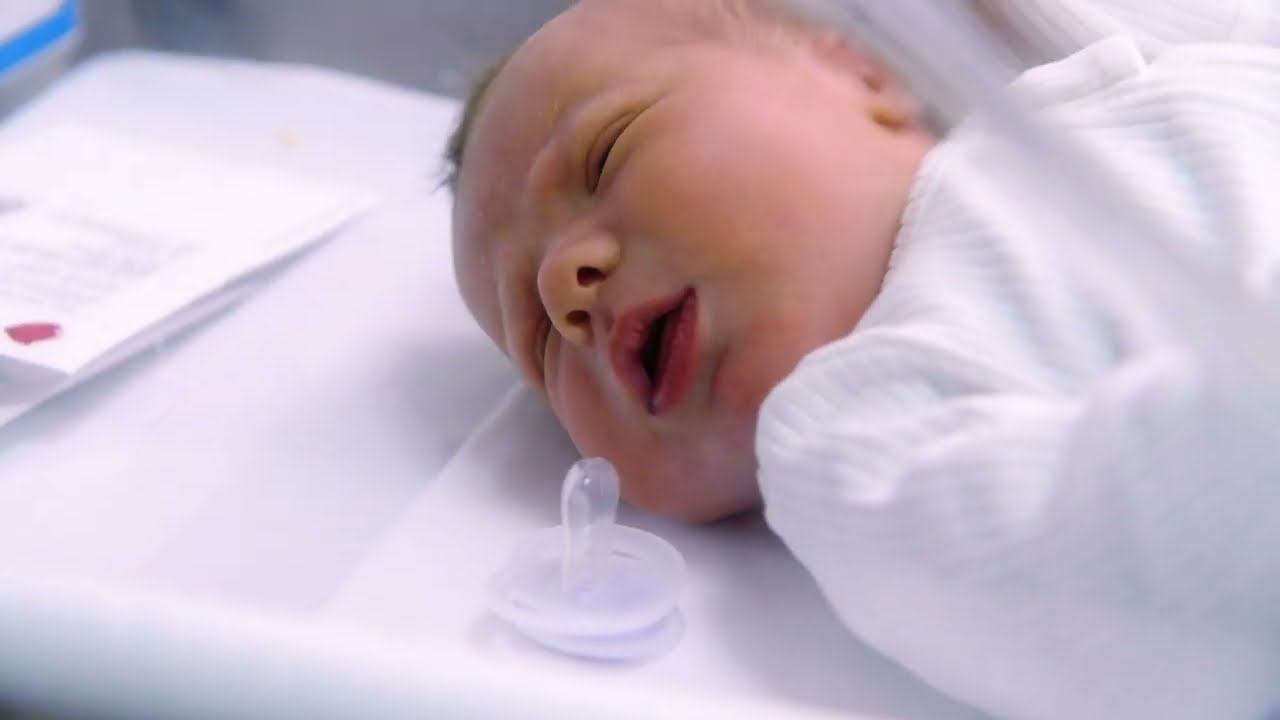Newborn Screening for Congenital Heart Defects in Puppies
The advent of newborn screening (NBS) for congenital heart defects (CHDs) in puppies represents a critical advancement in veterinary medicine and public health. Early detection can significantly improve the quality of life and survival rates for affected pups. This service is especially vital in large-scale breeding operations, where the potential for genetic disorders is higher.
CHD screening involves a series of non-invasive tests that identify structural abnormalities in the heart shortly after birth or at an early age. These defects can range from mild to severe and may include issues such as atrial or ventricular septal defects, patent ductus arteriosus, tetralogy of Fallot, and more.
The primary goal of this service is to ensure that puppies are healthy before they enter the public domain. By identifying CHDs early, breeders can make informed decisions about breeding practices, thereby reducing the incidence of these defects in future litters. This approach also benefits pet owners by providing a healthier puppy from the outset.
The NBS process typically involves electrocardiogram (ECG) and echocardiography to detect any anomalies. ECG measures electrical activity in the heart, which can indicate irregularities that may suggest a structural issue. Echocardiography uses ultrasound technology to visualize the heart's structures and function in real-time, providing detailed insights into potential defects.
For breeders, this service is essential for maintaining genetic health within their lines while ensuring they provide healthy puppies to their customers. For veterinarians, it offers a proactive approach to patient care by identifying issues that can be managed or treated early on.
The acceptance criteria for newborn screening in puppies are stringent and align with international standards such as the American Heart Association (AHA) guidelines. These standards ensure consistency and reliability across different facilities, making them a trusted benchmark for quality assurance.
Early detection of CHDs can be achieved through regular monitoring by breeders or veterinarians who perform these tests at specified intervals post-birth. This proactive approach not only benefits the individual puppy but also contributes to broader public health by reducing the prevalence of CHDs in future generations of dogs.
In summary, newborn screening for congenital heart defects in puppies is a critical component of modern veterinary medicine aimed at improving both individual and population health outcomes. By implementing this service, breeders can contribute meaningfully to the well-being of their canine charges and uphold high standards of ethical breeding practices.
Why It Matters
Newborn screening for congenital heart defects in puppies is crucial because it addresses a significant public health issue within the veterinary community. Early detection allows for timely intervention, which can dramatically improve the prognosis and quality of life for affected puppies. This service also promotes responsible breeding practices by identifying carriers or affected individuals early enough to make informed decisions about future litters.
The significance of this screening cannot be overstated, especially in large-scale breeding operations where multiple breeds are involved. By ensuring that only healthy puppies enter the public domain, breeders can help prevent the spread of genetic disorders within their lines and across different breeds.
- Increased Survival Rates: Early detection allows for early intervention, which significantly improves survival rates in affected puppies.
- Better Quality of Life: Puppies with CHDs that are identified early can lead healthier lives if treated promptly.
- Responsible Breeding: This service helps breeders make informed decisions about breeding practices, reducing the incidence of genetic disorders in future generations.
The importance of this screening cannot be understated. It is a vital tool for maintaining health standards and promoting responsible breeding practices within the veterinary community. By implementing this service, breeders contribute to broader public health by reducing the prevalence of CHDs in future generations of dogs.
Industry Applications
Newborn screening for congenital heart defects in puppies finds application across various sectors within the veterinary industry:
- Breeding Operations: Breeding facilities can use this service to ensure that only healthy puppies are placed for sale or adoption.
- Veterinarians: Veterinarians can utilize these screenings as part of their routine health check-ups and preventive care plans.
- Pet Owners: Pet owners can benefit from peace of mind knowing that their new puppy has been screened for potential heart defects.
- Research Institutions: Research facilities can use this service to study the prevalence and genetic factors contributing to CHDs in different breeds.
The widespread adoption of newborn screening services within these sectors underscores its importance in maintaining high standards of health and well-being across the veterinary community. By integrating this service into their operations, breeders and veterinarians can contribute significantly to reducing the incidence of congenital heart defects and promoting responsible breeding practices.





